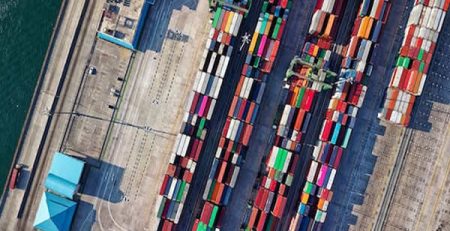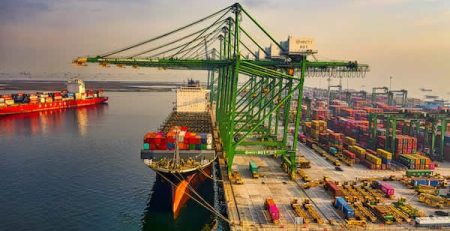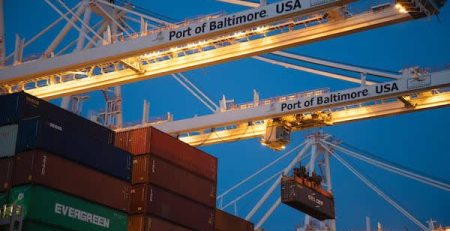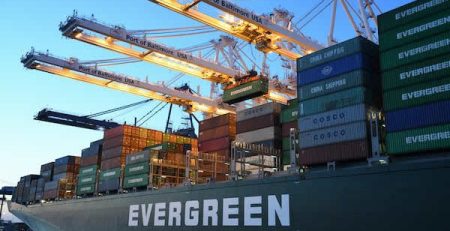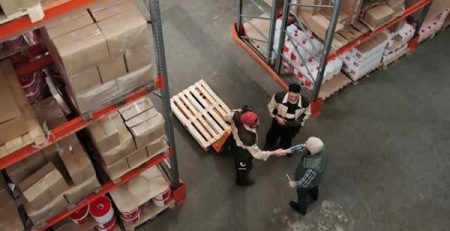In today’s fast-paced and interconnected world, technology plays a pivotal role in shaping the landscape of modern logistics. From optimizing supply chain operations to enhancing visibility and transparency, technological advancements continue to drive innovation and efficiency in the logistics industry. In this post, we’ll explore the evolving role of technology in modern logistics, highlighting key trends and innovations that are transforming the way goods are transported, tracked, and managed:
1. Supply Chain Digitization:
- Digitization of supply chain processes is revolutionizing the way logistics operations are managed and executed. Technologies such as cloud computing, big data analytics, and Internet of Things (IoT) enable real-time monitoring and analysis of supply chain data, empowering businesses to make data-driven decisions and optimize their operations for greater efficiency and agility.
2. Predictive Analytics and AI:
- Predictive analytics and artificial intelligence (AI) are increasingly being used to forecast demand, optimize inventory levels, and improve resource allocation in logistics operations. By analyzing historical data and identifying patterns and trends, AI-powered algorithms can help businesses anticipate future demand fluctuations, mitigate risks, and enhance supply chain resilience.
3. Autonomous Vehicles and Drones:
- Autonomous vehicles, including self-driving trucks and drones, are transforming the landscape of last-mile delivery and warehouse operations. These technologies offer the potential to streamline delivery processes, reduce delivery times, and lower operating costs, while also enhancing safety and minimizing human error.
4. Blockchain Technology:
- Blockchain technology is revolutionizing supply chain transparency and traceability by providing an immutable and transparent ledger for recording and verifying transactions. With blockchain, businesses can track the movement of goods from the point of origin to the final destination, ensuring authenticity, security, and compliance throughout the supply chain.
5. Robotics and Automation:
- Robotics and automation are driving efficiency and productivity gains in warehouse operations, order fulfillment, and inventory management. Automated guided vehicles (AGVs), robotic pickers, and automated sorting systems enable faster and more accurate order processing, reducing labor costs and improving overall operational efficiency.
6. Smart Warehousing and IoT:
- Smart warehousing solutions leverage IoT sensors and connected devices to monitor inventory levels, track assets, and optimize warehouse operations in real-time. By providing insights into inventory movements, shelf life, and storage conditions, IoT-enabled smart warehouses enable better decision-making and more efficient inventory management.
In conclusion, technology continues to play a transformative role in modern logistics, driving innovation, efficiency, and competitiveness in the industry. By embracing emerging technologies and leveraging digital solutions, businesses can streamline their supply chain operations, enhance visibility and transparency, and deliver superior customer experiences in today’s dynamic marketplace. As technology continues to evolve, staying abreast of the latest trends and innovations will be essential for businesses seeking to maintain a competitive edge in the increasingly digitized world of logistics.


